FNP Council
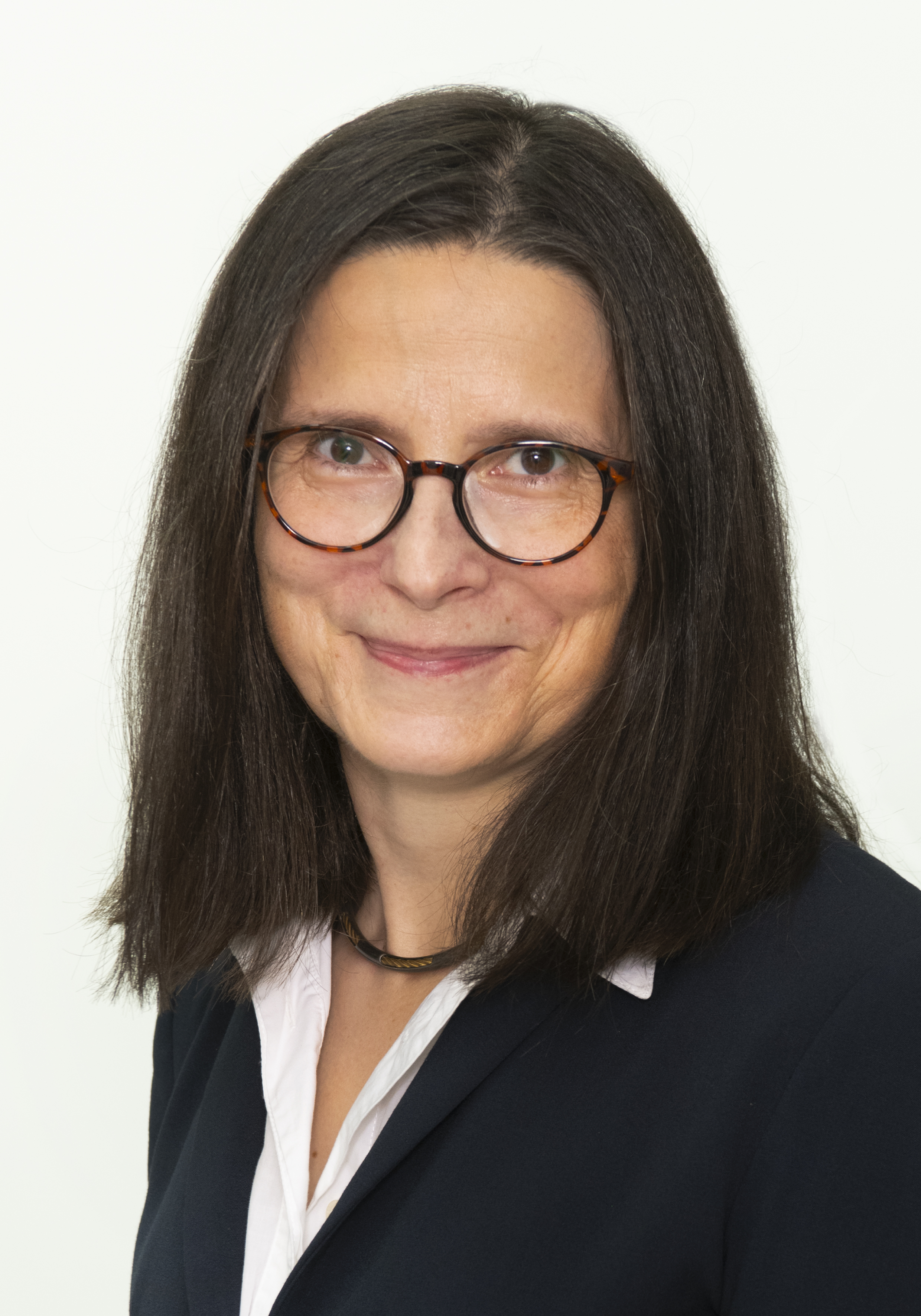
Prof. Grażyna Jurkowlaniec
Chair of the FNP's Council
She has been employed at the University of Warsaw since 2000 (initially as Assistant Professor from 2000 to 2019, and since 2019 as Professor). Her research interests encompass artistic and religious culture, the culture of print, and the relationships between art and science from the late Middle Ages to the end of the early modern period. She has conducted research or taught at various European institutions, including the Leibniz Institute of European History (IEG) in Mainz (2021–2022), Humboldt University in Berlin, and the Zentralinstitut für Kunstgeschichte in Munich (Alexander von Humboldt Foundation Fellowship, 2010), the Wissenschaftskolleg zu Berlin (Andrew W. Mellon East-Central European Research Fellows Programme, 2005/2006), as well as in Rome (Lanckoroński Foundation Fellowships, 2003 and 2007), the Herzog August Bibliothek in Wolfenbüttel (2009, 2010, and 2019), the Forschungskolleg Humanwissenschaften in Bad Homburg (2017), KU Leuven (2015), and the Centre for the History and Culture of East Central Europe (GWZO) in Leipzig (2006).
She has led three collaborative research projects funded under the OPUS programme of the National Science Centre (NCN, Poland). Since October 2024, she has been the Principal Investigator of the Advanced Grant Scholars, Animals, Images, Geographies, and the Arts: De-exoticizing Eastern Europe in the Early Modern Period (SAIGA), awarded by the European Research Council.
She is the author of three monographs and numerous articles published in academic journals such as Artibus et Historiae, Barockberichte, Biuletyn Historii Sztuki, Konsthistorisk tidskrift, Kwartalnik Historyczny, Notes and Records: The Royal Society Journal of the History of Science, Pamiętnik Literacki, Print Quarterly, Rocznik Historii Sztuki, Studia Źródłoznawcze. Commentationes, Viator: Medieval and Renaissance Studies, and Zeitschrift für Kunstgeschichte, as well as in collected volumes. Her doctoral dissertation received the Prime Minister’s Award, and the book submitted for her habilitation, published in the MONOGRAFIE FNP series, was awarded the First Division Prize of the Polish Academy of Sciences.
She has also contributed as a translator (notably of works by Umberto Eco and Erwin Panofsky) and as an editor. She is currently a member of the editorial board of the Journal of Early Modern Christianity and of the advisory board of Eikón Imago.
She has held various administrative positions at the University of Warsaw, including Director of the Institute of Art History (2012–2016), Vice-Dean of the Faculty of History (2016–2020), Chair of the Academic Council for the Discipline of Art Studies (2019–2020), and, since 2020, Vice-Dean of the Faculty of Cultural and Art Studies.
Since 2021, she has served as a member of the jury for the Preis des Historischen Kollegs. Between 2013 and 2020, she was a member—and from 2018 to 2020, Chair—of the jury for the Polish-German COPERNICUS Award, jointly awarded by the Foundation for Polish Science and the Deutsche Forschungsgemeinschaft. From 2018 to 2019, she was a member of the Ethics and Good Practices Committee of the Foundation for Polish Science. She has participated, often as Chair, in numerous expert panels for the National Science Centre, and has served on evaluation panels for the European Research Council, the Foundation for Polish Science, and the Polish National Agency for Academic Exchange.
She has been a member of the Council of the Foundation for Polish Science since 1 September 2020.
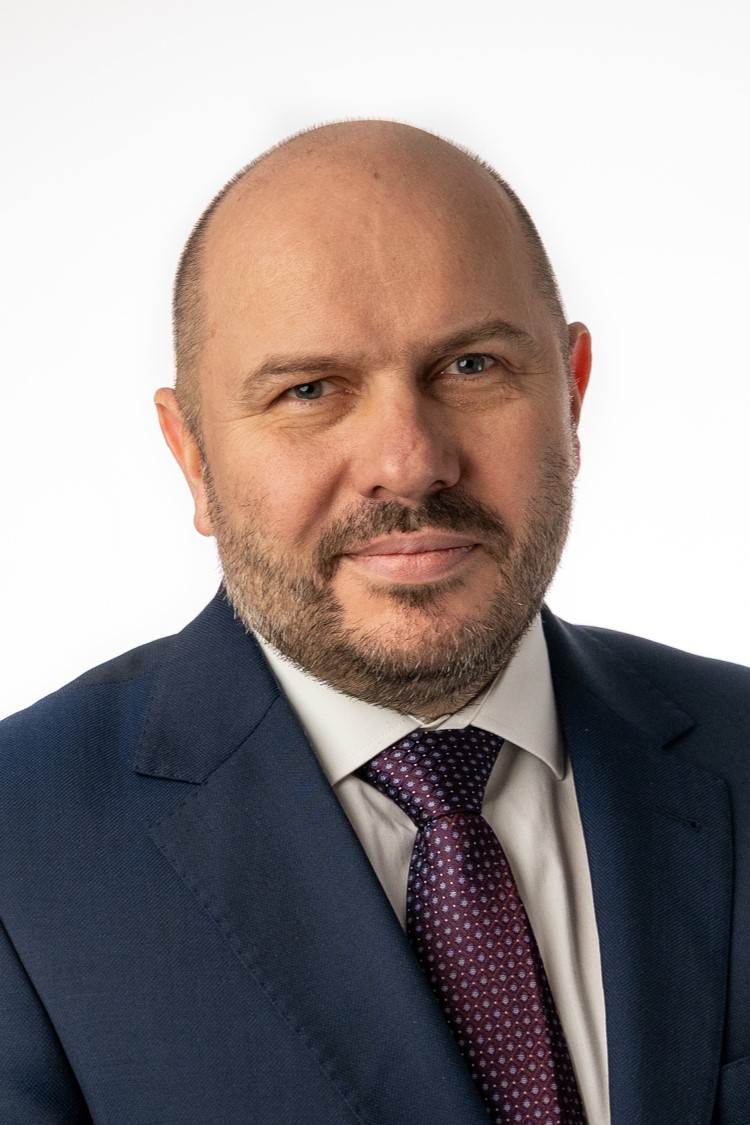
Prof. Jacek Jemielity
Member of the FNP's Council
Professor Jemielity specializes in organic chemistry, biological chemistry, and biochemistry. He is the world's leading expert in chemically modified mRNA. He is the director of the Laboratory of Chemical Biology at the Centre of New Technologies of the University of Warsaw. He has promoted twelve doctors, thirty master’s degree holders, and fourteen undergraduates, and has mentored seventeen postdoctoral trainees. Professor Jemielity co-founded and leads ExploRNA Therapeutics, a spin-off company of the University of Warsaw, which develops technologies involving the modification of the so-called cap at the 5′ end of mRNA.
Jemielity received grants from organizations such as the National Science Centre, the FNP TEAM programme, and the Bill & Melinda Gates Foundation. He co-authored more than 140 publications in such journals as Nature Communications, Nature Chemistry, Nature Chemical Biology, Nature Molecular & Structural Biology, Journal of the American Chemical Society, Angewandte Chemistry International Edition, Chemical Science, Nucleic Acids Research, RNA, and Organic Letters, which have been cited more than 3700 times and have a Hirsch index of 34. Professor Jemielity invented fourteen patents or patent applications, two of which were licensed by BioNTech and four by ExploRNA. He co-invented several mRNA modification technologies for therapeutic purposes; one of his inventions currently undergoes more than a dozen clinical trials. Member to the Advisory Board of Molecular Therapy Nucleic Acids (Cell Press) and many expert panels, Jemielity serves as an expert for research funding agencies and scientific institute boards.
His scientific achievements earned him numerous awards, including the Scientific Award bestowed on young scientists by the weekly Polityka, the Presidential Economic Award, and awards from the Rector of the University of Warsaw. He was nominated for the European Patent Office’s European Inventor Award. In 2021, he received the Foundation for Polish Science Prize in chemical and materials sciences for developing chemical modifications of mRNA as tools for therapeutic applications and studies of cellular processes.
Member of the FNP Council from 1 September 2024.
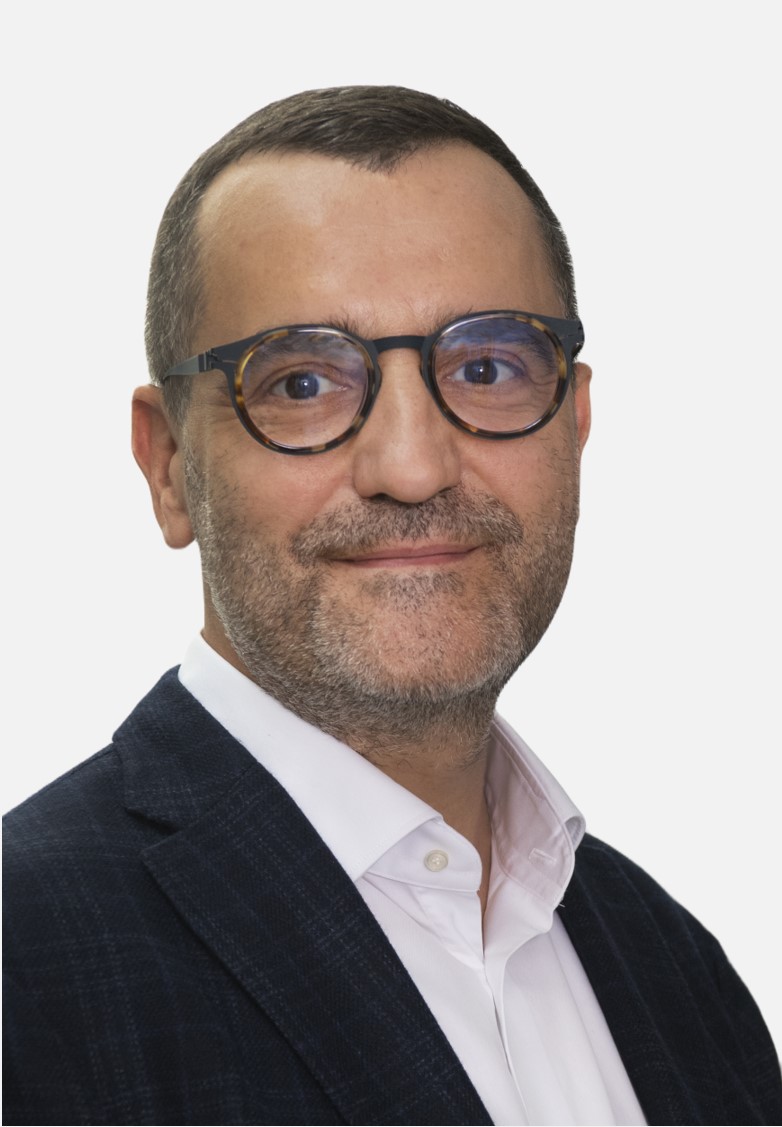
Prof. Piotr Garstecki
Member of the FNP's Council
Professor Garstecki’s research interests encompass the formation and transport of droplets and bubbles in microfluidic systems, high-throughput screening, and the development of automated microfluidic platforms for biochemistry and diagnostics. Among his significant scientific achievements are the development of digital PCR tests, automated systems for long-term microorganism incubation, and methods for studying membrane proteins. He has attracted substantial research funding, including prestigious grants such as the ERC Starting Grant of €1.75 million and the EIC Accelerator Grant of €2 million. He has authored over 150 scientific publications, with an H-index of 49 according to ISI Web of Knowledge (62 on Google Scholar), and holds 27 granted patents along with 77 patent applications. He is multiple laureate of competitions by the Foundation for Polish Science, including KOLUMB, MISTRZ, POWROTY/HOMING, TEAM, and TEAM-TECH
In the business realm, Professor Garstecki has co-founded several innovative companies in the medtech industry. Notably, he founded Curiosity Diagnostics, which developed the PCR|ONE rapid molecular diagnostic system—one of the largest transactions in Poland's medical sector following its sale to Bio-Rad Laboratories in 2022. He is also a co-founder of Bacteromic, specializing in advanced bacterial antibiotic susceptibility testing systems, and Edocera, which aims to create technology for stroke detection. Furthermore, Professor Garstecki established Scope Fluidics, the first medtech venture studio in Central and Eastern Europe, now listed on the sWIG80 index. His entrepreneurial achievements earned him the Ernst & Young Entrepreneur of the Year Award for International Expansion in 2024.
He has supervised 13 Ph.D. students and co-supervised two others at Harvard University. He co-organizes the "Road to Harvard" competition, promoting education at prestigious institutions among Polish students. He is also deeply committed to science outreach. His popular science articles, published in Wiedza i Życie and Świat Nauki, make complex scientific topics accessible to the general public. He also delivers lectures and workshops at schools, student organizations, and science festivals, inspiring future generations of scientists and innovators.
He is a member of the FNP’s Council since September 1, 2020.
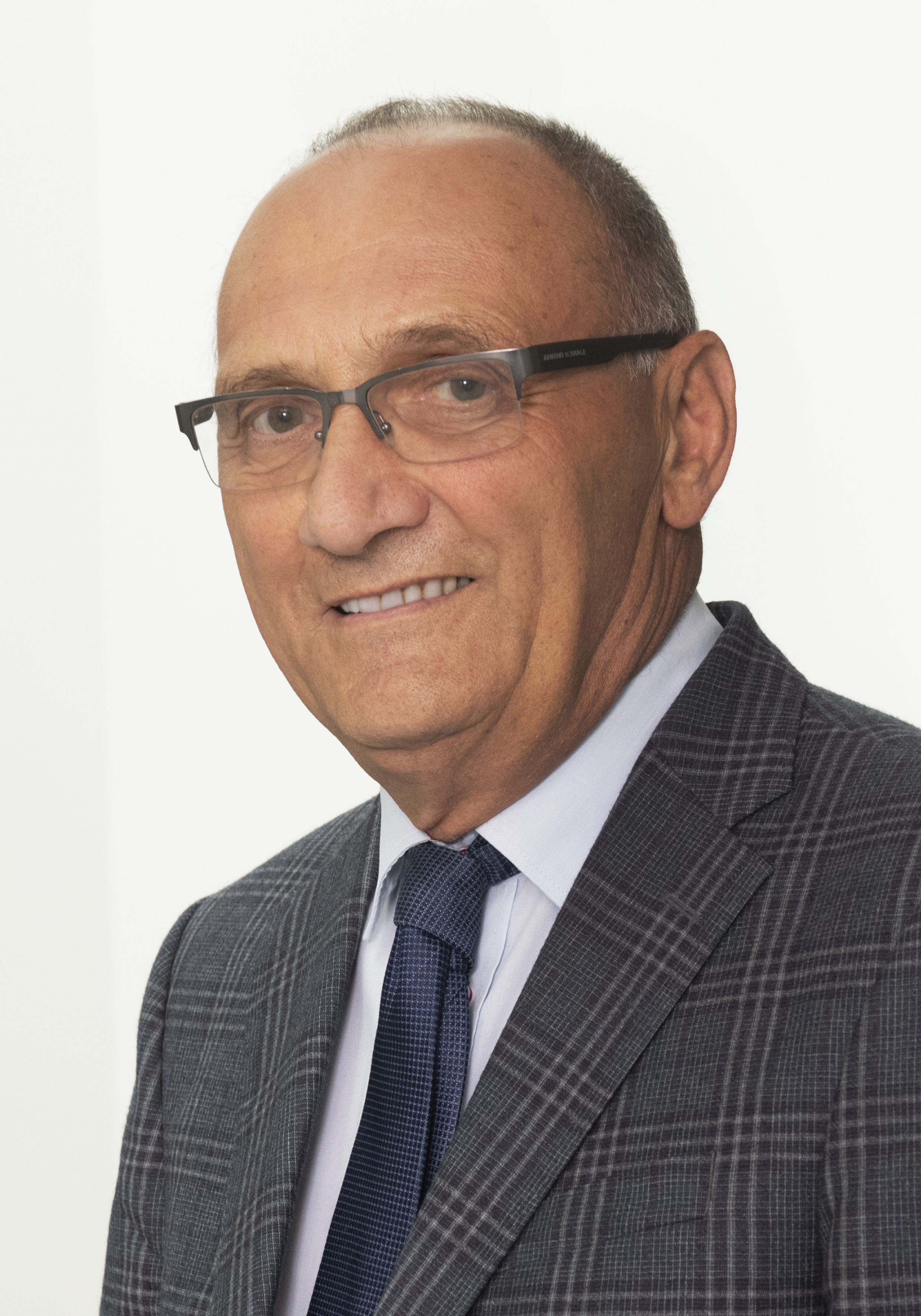
Prof. Jacek Jassem
Member of the FNP's Council
Winner of the Prime Minister’s Award, the Vienna Mayor’s Award, the Gdańsk Mayor’s Award, the Sobolewski Award of the Polish Society of Oncology, and the Joseph W. Cullen Award of the International Association for the Study of Lung Cancer, among others. Winner of the Outstanding Pole Competition organized by the Polish Promotional Emblem Foundation “Teraz Polska.” Holder of an honorary doctorate from the Medical University of Lodz.
He served as Chairman of the Executive Board of the Polish Society of Oncology, was a member of the Executive Board and Chairman of the European Organisation for Research and Treatment of Cancer (EORTC), Chairman of the International Affairs Committee of the American Society of Clinical Oncology (ASCO), and member of the Executive Boards of the European Society for Radiotherapy and Oncology (ESTRO) and the European Society for Medical Oncology (ESMO). Currently, he chairs the Central and East European Oncology Group (CEEOG) and the Polish Cancer League. Professor Jassem actively engages in the area of public health and his activities include the drafting of the law banning smoking in public places (introduced in 2010) and the coordination of the drafting of the Cancer Control Strategy for Poland 2015–2024.
Member of the FNP Council from September 1, 2024.
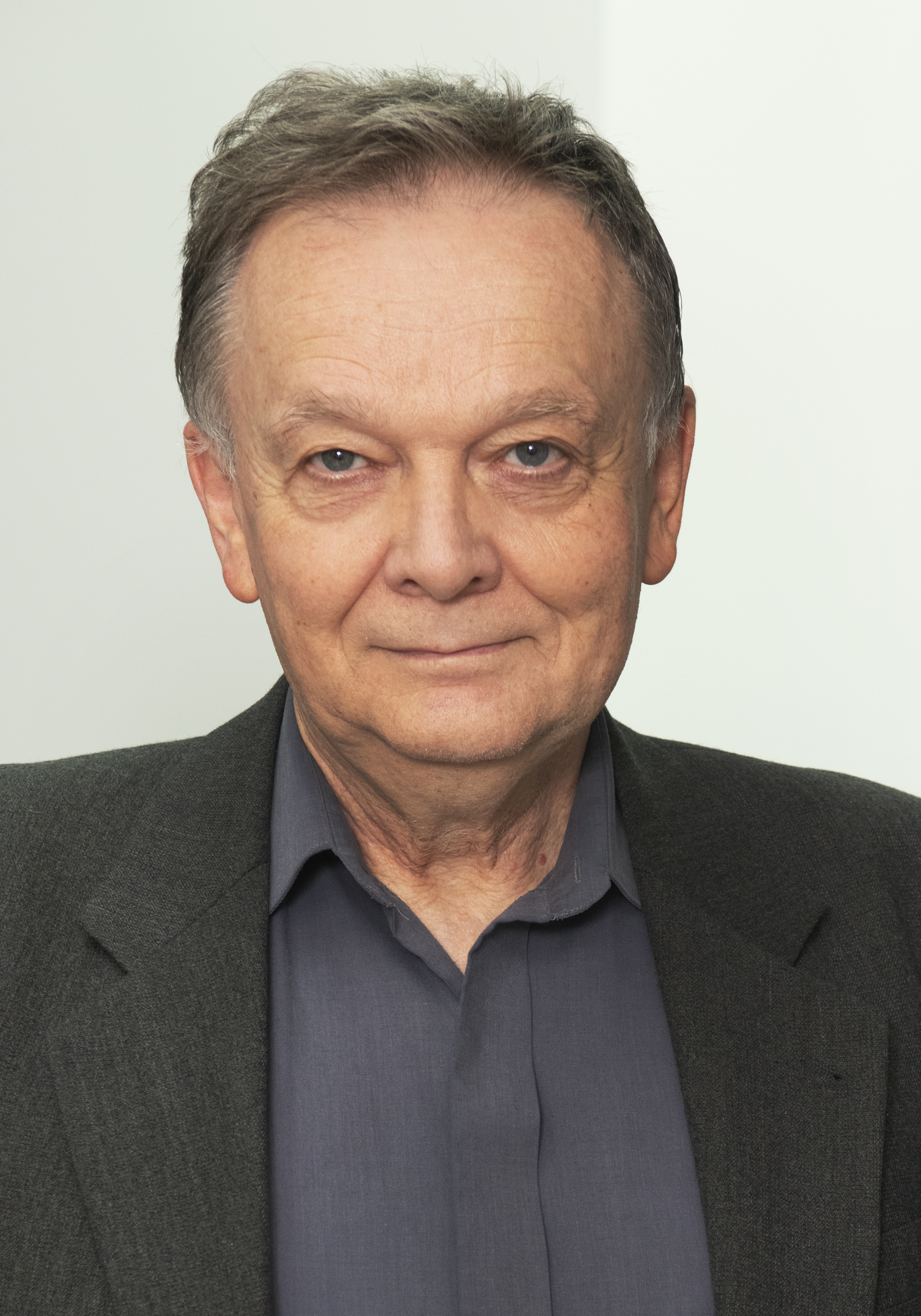
Prof. Tomasz Łuczak
Member of the FNP's Council
He conducted research in many foreign centers, such as: Institute for Mathematics and its Applications in Minneapolis (postdoctoral fellowship), Emory University in Atlanta (as visiting professor in 1994-2012), Cambridge University, Universidade de S'o Paulo, Hebrew University in Jerusalem, Rockefeller University in New York, Universität Bielefeld, Microsoft Research Center in Redmond, the University of Melbourne, Mittag-Leffler Institute in Stockholm, Institute for Pure and Applied Mathematics in Los Angeles, the University of Edinburgh.
Łuczak presented his research results, among other places, at the International Congress of Mathematicians (Madrid 2008), the European Congress of Mathematics (Paris 1992, Stockholm 2004, Krakow 2012), and Congreso Latinoamericano de Matemáticos (Santiago 2009). He was awarded with Kazimierz Kuratowski Prize (1991), the Prize of the European Mathematical Society (1992), the Prize of the Foundation for Polish Science in exact sciences (1997), the Stefan Banach Medal (2014), and the Wacław Sierpiński Medal (2018). Since 1998, Łuczak has been a member of the Polish Academy of Sciences. Member of the FNP Council since September 1, 2020.
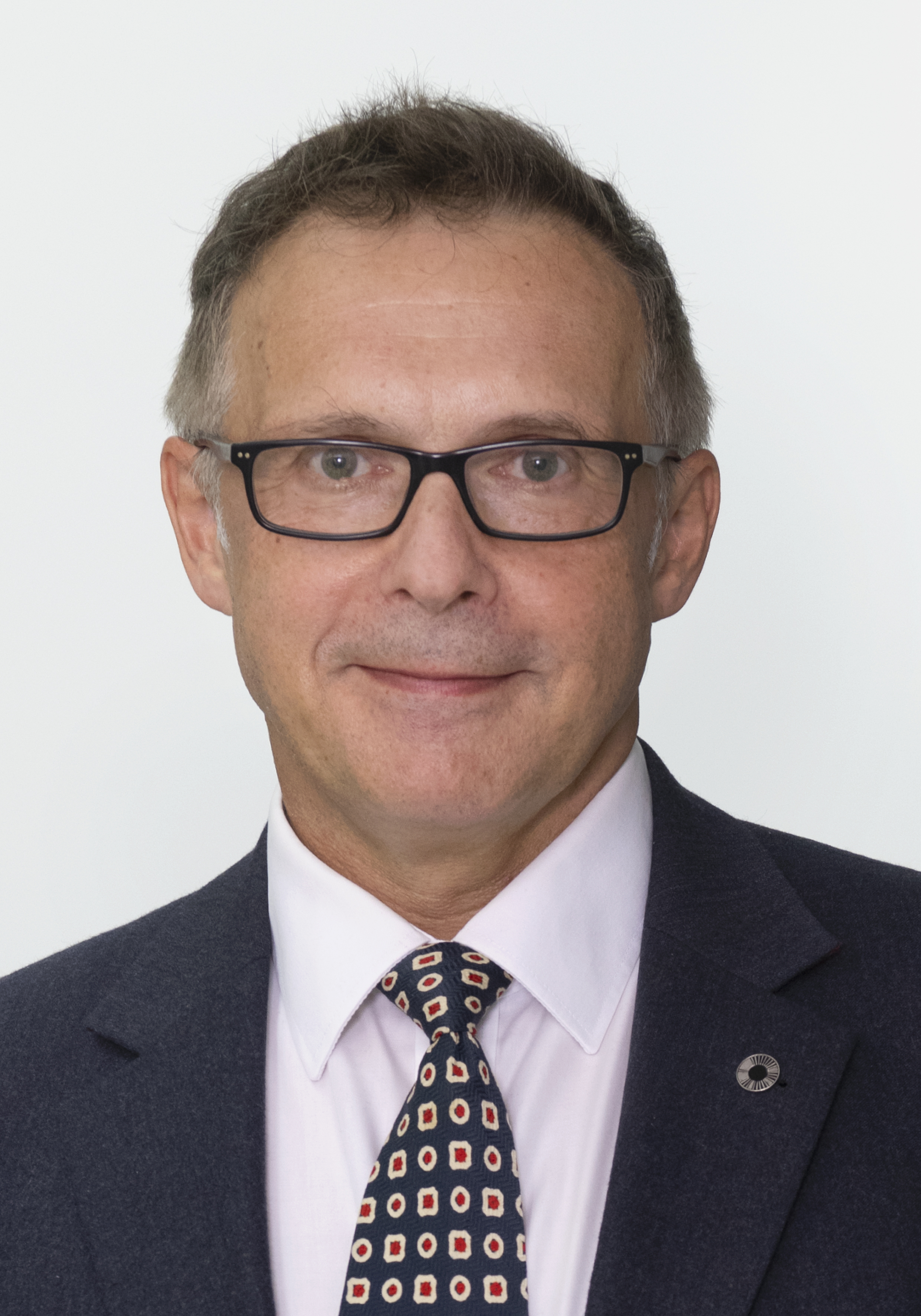
Prof. Paweł Ostaszewski
Member of the FNP's Council
Ostaszewski specializes in contemporary behavioral psychology, which includes the relational frame theory as a concept of specifically human linguistic skills, decision-making in the context of deferred, uncertain, and effortful gains and losses, behavioral discounting processes, and the concept of psychological flexibility in regard to acceptance and commitment therapy and training. Ostaszewski has authored or co-authored more than one hundred publications on these themes. He conducted research in collaboration with scientists from Washington University in St. Louis, visiting the university on numerous occasions between 1992 and 1998 as Assistant Professor and Visiting Professor. Ostaszewski received the Kosciuszko Foundation scholarship. He presented his research findings at many international scientific conferences and promoted as many as twelve doctors. He is a member of the Psychology Committee of the Polish Academy of Sciences since the 2016–2020 term. He is Vice-President of the Polish Society for Behavioral Psychology and an honorary member of the Association for Contextual Behavioral Science Poland.
Member of the FNP Council from September 1, 2024.
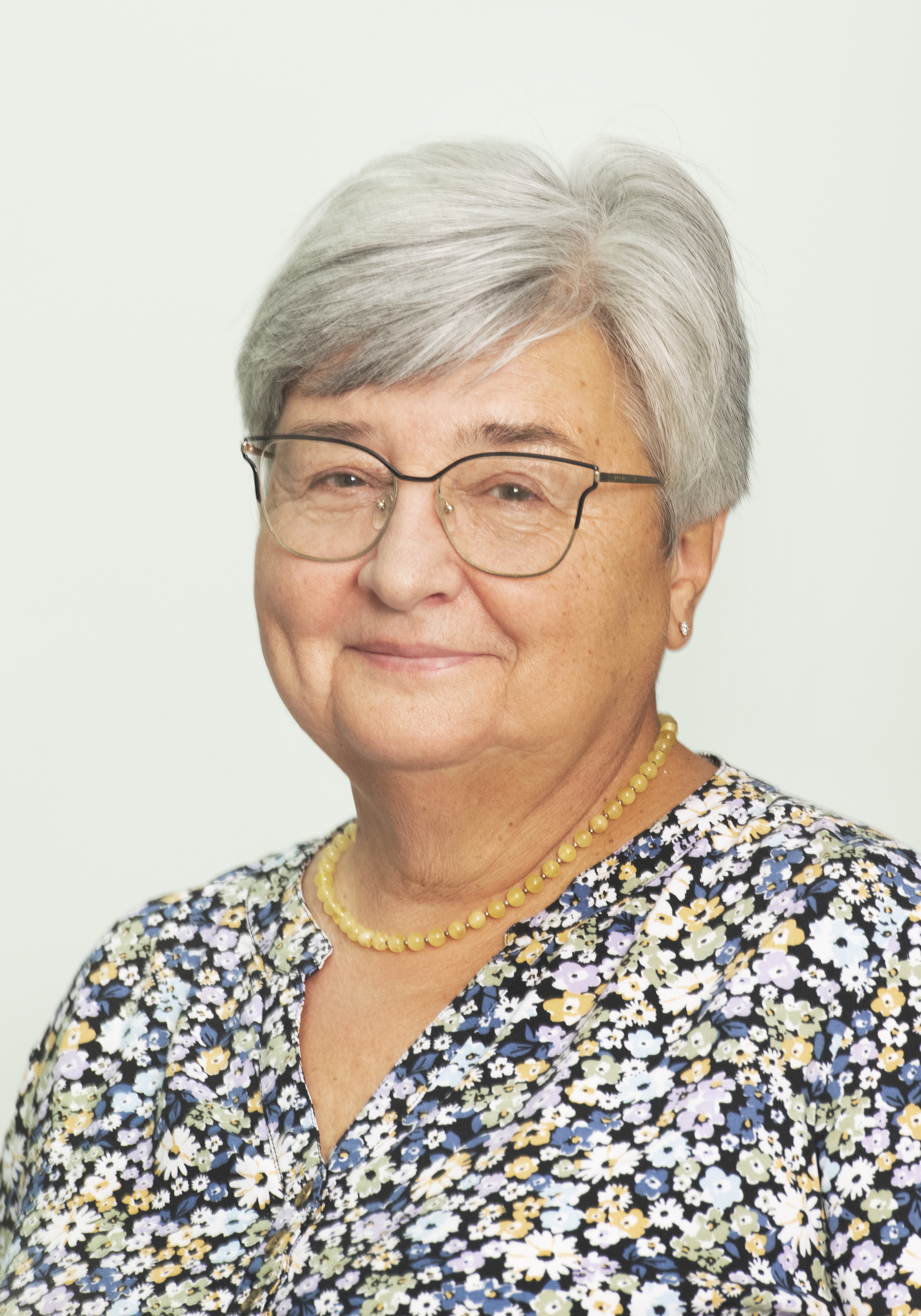
Prof. Zofia Szweykowska-Kulińska
Member of the FNP's Council
Szweykowska-Kulińska specializes in plant molecular biology with a particular focus on RNA metabolism, including biogenesis and microRNA function. Her research centers on two model plants, Arabidopsis thaliana and Marchantia polymorpha, and on two commercial crop species, potato and barley, in the context of plant responses to abiotic stress such as drought and high temperature. She has conducted research at various European institutes, namely the University of Würzburg in Germany (Humboldt Research Fellowship), CNRS Gif-sur-Yvette in France (EMBO Fellowship), and John Innes Centre in Norwich in the UK (a European Commission project). Professor Szweykowska-Kulińska has completed or is in the process of completing 26 research grants funded by the Committee for Scientific Research of the Ministry of Science and Higher Education and the National Science Centre and three EU projects. She authored more than one hundred publications featured in PubMed, including articles in Nature Plants, PNAS, The EMBO Journal, Plant Biotech Journal, Genome Biology, EMBO Reports, Nucleic Acids Research, New Phytologist, and Plant Cell.
Szweykowska-Kulińska received numerous awards: from the Minister of Science and Higher Education for her lifetime scientific achievements, from the Minister of Science and Higher Education for her outstanding scientific achievements, from Division II of the Polish Academy of Sciences and the Polish Biochemical Society, the Polish Genetic Society, and the Polish Society for Experimental Plant Biology. Furthermore, Szweykowska-Kulińska co-edited and translated English-language textbooks on biochemistry and molecular biology, including the seminal textbook Biochemistry by Lubert Stryer (several editions). She is a member of Academia Europea, the European Molecular Biology Organization (EMBO), and the Polish Academy of Sciences. For many years, she was a member of the Central Commission for Academic Degrees and Titles and of the Council for Scientific Excellence in its first term. She reviewed projects and participated in evaluation panels of research funding agencies, such as the French National Research Agency (ANR), the German Research Foundation (DFG), the the Portuguese Foundation for Science and Technology (FCT), as well as the FNP and Poland’s Nation Science Centre (NCN). She held administrative positions at the Adam Mickiewicz University in Poznań, including the position of Vice-Rector, of Director of the Institute of Molecular Biology and Biotechnology at the Faculty of Biology, and that of Vice-Dean at the Faculty of Biology. She was a member of the FNP’s Ethics and Good Practice Commission and of the chapter of the Polish-French Science Award bestowed by the FNP and the French Academy of Sciences.
Member of the FNP Council from September 1, 2024.